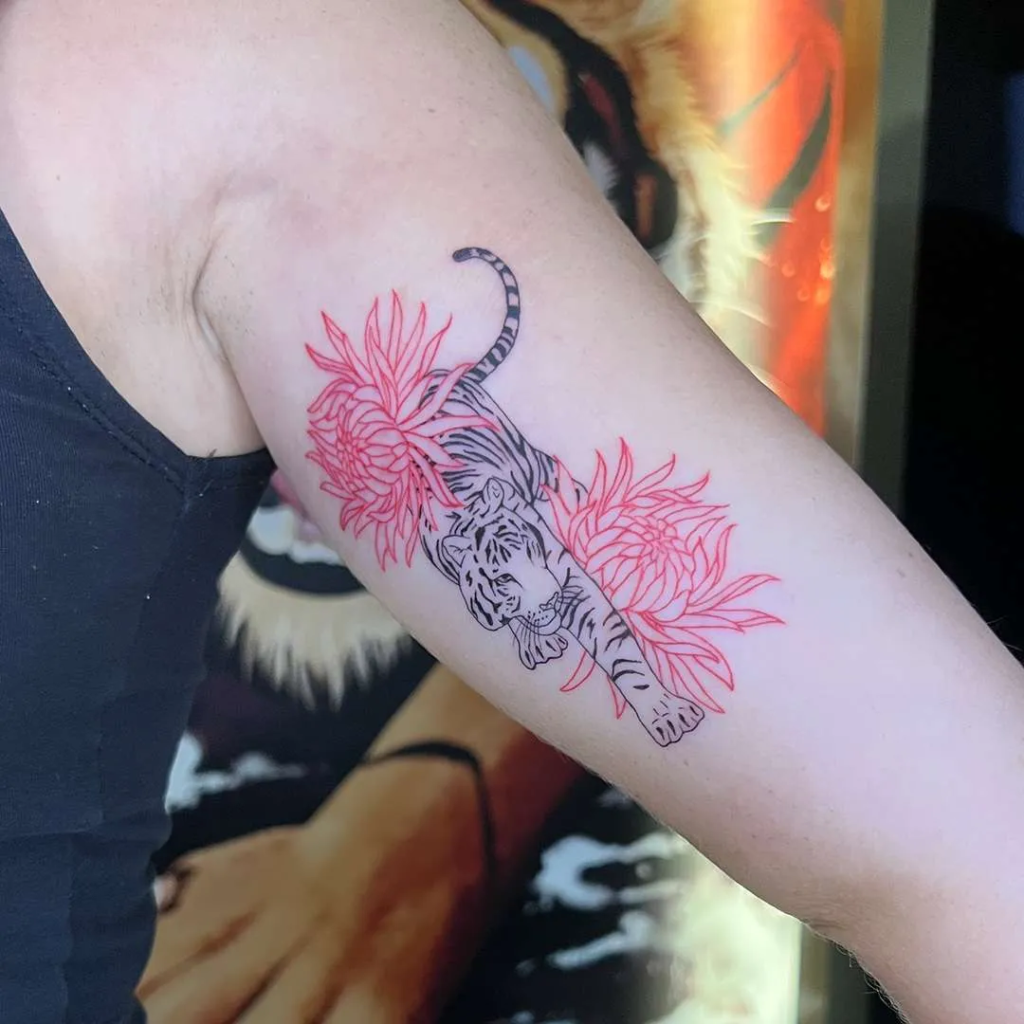Tattoos have long been a form of self-expression, a way to wear one’s thoughts, feelings, or beliefs literally on their sleeves. However, what happens when the inked symbolism no longer resonates with you? When does the once-celebrated body art become a mark of regret? This guide delves into the multi-faceted issue of tattoo regret, exploring its emotional, social, and even professional repercussions.
By acknowledging the complexities tied to this form of remorse, you can better navigate its impact on various aspects of your life. Whether you’re contemplating a tattoo or grappling with regret over one you already have, understanding the breadth of consequences can be the first step in managing this complicated emotional terrain. Regardless, when the decision is final, find a place to get the best tattoo in Bali.

More Than Just Buyer’s Remorse
One moment, it’s an expression of your individuality; the next, it’s a mark of regret. Tattoo regret can usher in overwhelming emotional distress. From the unsettling feeling of remorse to more profound psychological impacts like depression and anxiety, the emotional toll can be heavy. You’re not just battling an unwanted image inked on your skin; you’re confronting a range of emotions that can significantly disrupt your daily life.
Tattoo Regret and Social Stigma: When Society Weighs In
Tattoos can be polarizing. Even in today’s more accepting culture, they still carry a certain social stigma in various settings like workplaces, religious communities, or even among family and friends. Tattoo regret intensifies these societal pressures, subjecting you to scrutiny and judgment you’d rather avoid. No longer just a personal issue, your regret becomes a public concern, making you the focal point of unwanted attention and discussions.
A Love-Life Dilemma
Navigating love and relationships is complicated enough without the added burden of tattoo regret. First impressions carry significant weight in the dating scene, and a visible tattoo you regret can dictate the narrative before you get the chance to speak. Whether your tattoo attracts unwanted stereotypes or simply falls out of favor with a potential partner, tattoo regret can be a major stumbling block in your search for love.
Impact on Career Opportunities
Professionally, tattoo regret can put you in a challenging position. Certain industries still frown upon visible tattoos, often linking them to unprofessionalism or a lack of seriousness. These biases can limit your job opportunities or even cause job loss, adding a layer of complexity to the issue of tattoo regret. When your livelihood is potentially affected, it becomes more than a matter of personal aesthetics; it’s about economic stability.
Tattoo Regret and Self-Esteem: A Vicious Cycle
The relationship between tattoo regret and self-esteem is a vicious cycle. Not only does regretting a tattoo bring emotional burdens like shame and sadness, but it also takes a toll on your self-esteem. Each glance at the mirror may serve as a harsh reminder of a decision you wish you could undo. The impact extends to your overall mental well-being, often leading to withdrawal from social activities and reduced life satisfaction.
The Financial Burden
Deciding to remove a tattoo you regret comes with its own set of challenges. Laser tattoo removal is often the go-to solution, but it’s neither cheap nor painless. Each session can cost hundreds of dollars, and you’ll likely need multiple sessions to see significant fading. Add to that the physical discomfort and potential side effects, and the issue of regret evolves into a multi-faceted problem that extends beyond your skin and into your wallet.
A Lesson in Decision-Making
The aftermath of experiencing tattoo regret frequently serves as a harsh lesson in decision-making and self-awareness. While some people use the experience to be more careful in their future tattoo choices, others decide to steer clear of body art altogether. It’s a personal journey that can either hinder or encourage personal growth, but the fact remains: remorse serves as a stern reminder of the lasting implications of your choices.
Managing Tattoo Regret: When to Seek Professional Help
Sometimes, the emotional and social consequences of regretting a tattoo can become overwhelming. If you find yourself struggling to cope, consider seeking help from a mental health professional. Therapy can offer coping mechanisms and emotional strategies to better manage the psychological aspects of tattoo regret. It’s an investment in reclaiming your emotional well-being, helping you to confront and mitigate the wide-ranging impacts of your regret.
By understanding the various dimensions of tattoo regret, from the emotional to the social, financial, and even professional, you are better equipped to navigate the complexities of this multi-faceted issue. Whether it’s affecting your relationships, career, or self-esteem, the repercussions of guilt are extensive and often deeply ingrained in various aspects of life. Therefore, it’s crucial to think long and hard before getting inked—after all, tattoos are permanent, but regret doesn’t have to be.
